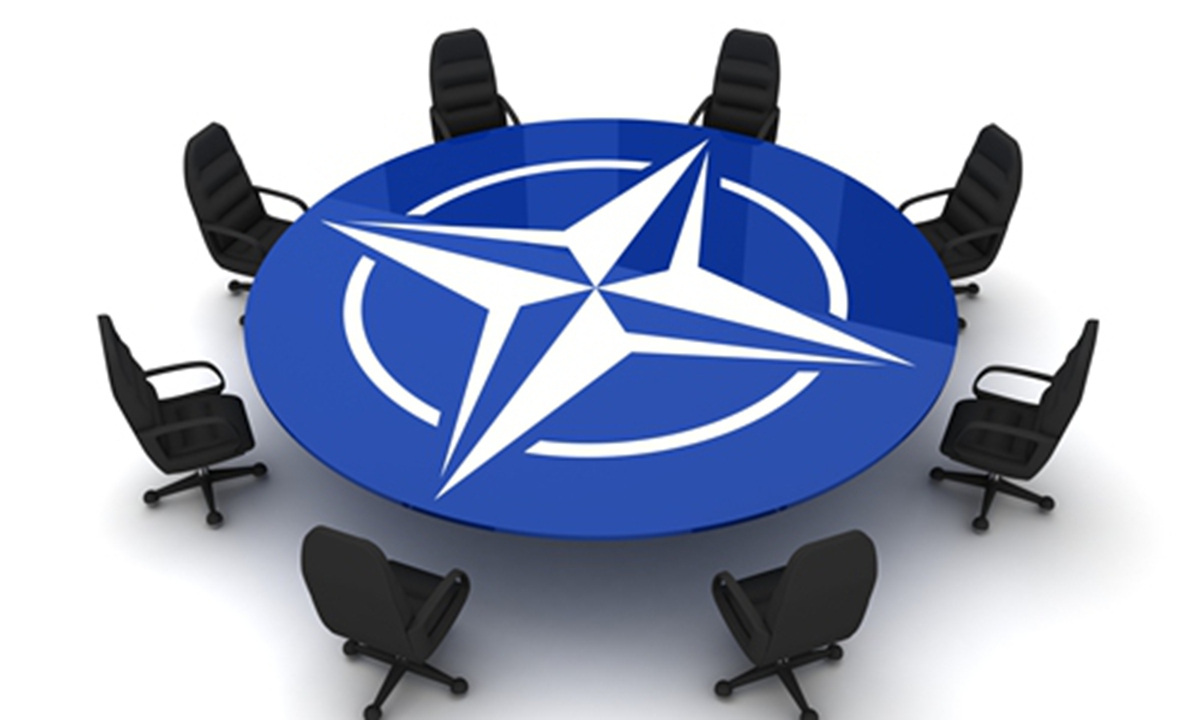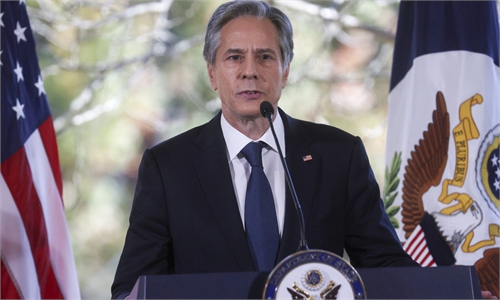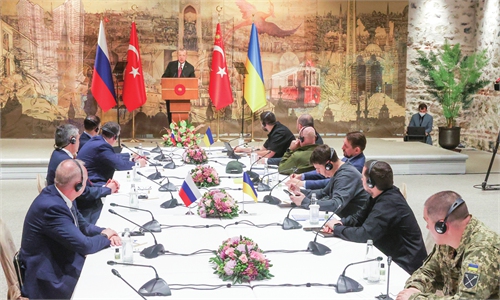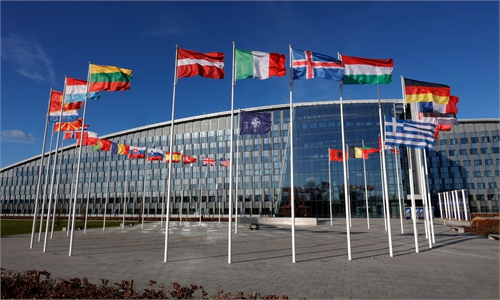
NATO Photo: IC
"As long as Tayyip Erdogan is Turkey president, we cannot say 'yes' to countries that support terror joining NATO," Erdogan told journalists on Saturday, referring to the bids of Finland and Sweden's accession to NATO.
The bids require support from all NATO members, while Turkey objected to their entry into the alliance, citing Finland and Sweden's alleged support for Kurdish militants whom Turkey considers terrorists and restrictions on weapons sales to Turkey.
Turkey is not the only NATO member that set a barrier to Finland and Sweden joining NATO. Croatian President Zoran Milanovic said earlier that Finland and Sweden should be allowed to join NATO only when the issue of equality of Croats in Bosnia and Herzegovina in elections is addressed. "That is not an act against Finland and Sweden but for Croatia," Milanovic insisted.
Both Turkey and Croatia are making use of NATO to address matters of national interest. The main reason for their objection to Finland and Sweden's NATO membership is their national security. But a New York Times article on Monday called Turkey a "disruptive ally" as its objection "performs to the benefit of President Putin of Russia." According to the article, Erdogan's objections "have even renewed questions on whether or not NATO could be higher off without Turkey."
The US has its own interests in mind as if no country should prioritize its interests. If they do, they may face consequences. But what Turkey is doing is no different from what the US has been doing. Washington is trying to maximize its own interests by controlling and manipulating the future security pattern of Europe via the expansion of NATO. But other countries also have reasons to maximize their interests by making use of the current situation. When NATO cannot satisfy the interests of all its members, the bloc faces a predicament.
Gao Jian, a scholar at Shanghai International Studies University, told the Global Times that NATO is in essence an "interest fair" where countries with different interests exchange interests, so Erdogan is taking this opportunity to raise his demands and maximize Turkey's national interests.
The invisible war between the interests of different countries and US hegemony is suffusing the complicated NATO interest fair. Against the backdrop of the Russia-Ukraine conflict, two contradictory trends of NATO are occurring. On the one hand, with two more countries applying to NATO, the military bloc has strengthened its presence. But on the other hand, NATO does not always speak in one voice when there is a major strategic policy or choice that needs to be made from within.
"NATO's enlargement of membership will further weaken the consensus within the bloc. The bargains by different members due to different interests will bring instability to NATO. The obstacles NATO faces will eventually come from within NATO," said Gao.
Song Zhongping, a Beijing-based military expert, told the Global Times that this will make it more difficult for NATO to make inroads into Asia-Pacific affairs.
"If NATO members really want to maximize their interests, the Asia-Pacific region means opportunity, market and the driving force of economic development. Why would they destroy such an important market through military means?" said Song.
Song also noted that although NATO members are part of the US-led group, they do not want US interests to dictate their own interests. When Washington puts America first, other countries want to put their interests first.



